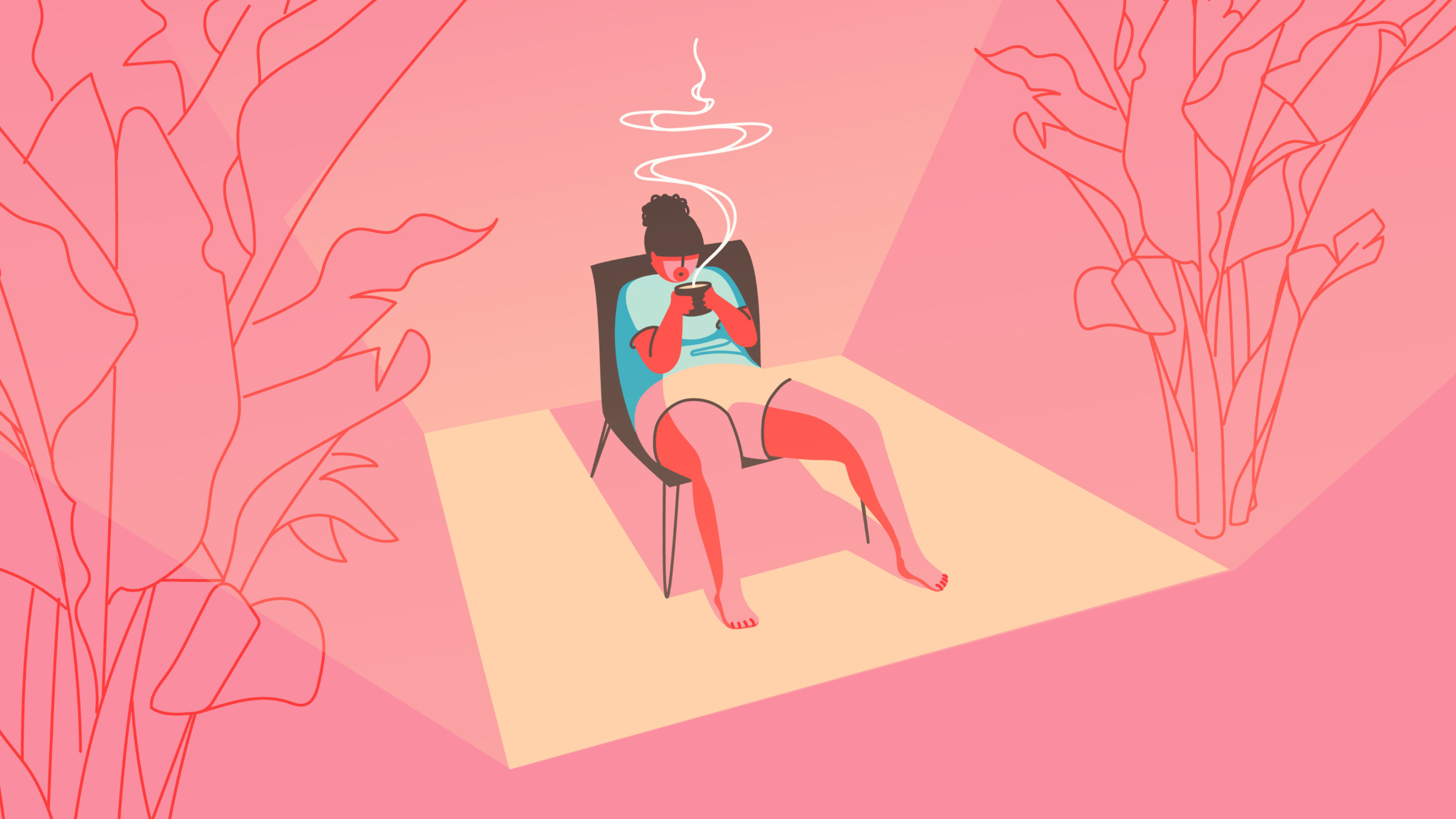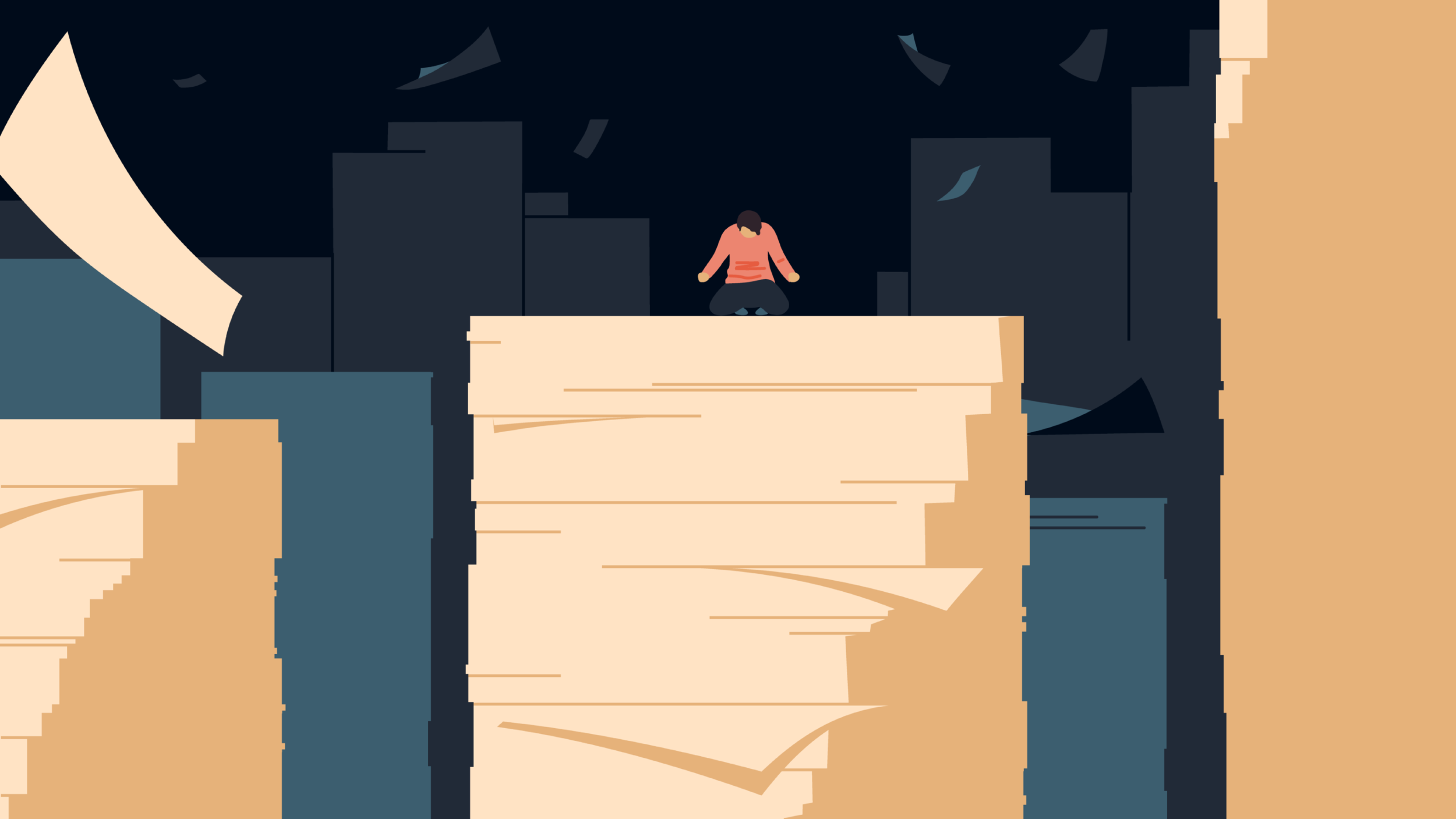Why Does JeanDate Work? 🤔
Freshman year of college, I have a friend Abe (still my friend; now a very accomplished writer who has a cool book coming out soon), who is all disheveled hair and disheveled beard. One day, despite never having cut hair before, I offer to cut Abe’s hair. My roommates and I make an event of it, all crowding into Abe’s tiny dorm bathroom. Like Michelangelo sculpting the Pieta, I chip away at his hair with office scissors from CVS. He does a whole performance involving the beard, transitioning from big sideburns to Fu Manchu to handlebar mustache to a clean shave. At the end of the night, we brush him off. Everybody gasps. It’s a makeover to rival Anne Hathaway’s in The Princess Diaries.
The next month, my haircutting career abruptly ends. The second haircut I give—to someone else—is so horrendous that the victim’s sister later tells me she cried. (Fun fact: the recipient of that second haircut becomes my boyfriend. So the joke’s on me because, for the many months until the next haircut, I have a boyfriend with a terrible haircut.)
If there’s anything I learned from my brief stint as a fake haircutting genius, it’s that beginner’s luck is real: having something go well can be much more a result of the circumstances than anything in your control. I’ve often thought about this lesson in the last couple of weeks, as I’ve been getting surprisingly positive feedback from many of the virtual JeanMatches I’ve been making.
“I have probably dated 100 people in the last 3 years... the fact that you introduced me to 2 people right off the bat that are this good fits is CRAZY amazing”
“I don’t know that I’ve ever met someone who I felt I had so much in common with. The JeanDate matching algorithm is incredible 😀”
“Definitely the most thoughtful/successful setup I’ve ever had, so thank you 🙂”
So far, JeanDate has a high second date rate (as of right now, just under 30% of the first dates) and extremely good anecdotal responses. Especially since I didn’t have particularly good matchmaking success before (see the JeanDate About), the success of JeanDate is worth a closer look. 🧐 In this blog post, I explore some reasons for why JeanDate could be working so well—and discuss what lessons we can apply to post-lockdown dating. I should give the caveat that I am a Computer Scientist, not a social scientist, and this is the first time I’m writing such a social science-y post. But we should all believe in beginner’s luck by this point. 😉
Theory #1: It’s the lockdown
The most obvious explanation is that the lockdown is changing how people date. The signs point to now being a good time for people who are looking for long-term, committed relationships.
😨 COVID is the shaky bridge
There’s that famous psych experiment where (heterosexual) men have to cross a bridge that is either shaky or stable and a woman gives him her number at the end of the bridge. The men in the “scary bridge” scenario were far more likely to call the woman and ask her out. This led to the theory of misattributed arousal: while it may be clear to us that the participants’ hearts are racing because of the shaky bridge, they will emotionally register it as attraction to the woman. This is also the motivation behind the reality dating shows where they have the couples go bungee jumping and bridge climbing together.
What could be happening in JeanDate is that people are attributing the anxiety and fear associated with the global circumstances as attraction to their JeanMatches. That this isn’t actually bad: misattributed attraction is still attraction. (And, anecdotally, my friends who got together under trying circumstances have really strong relationships.) If this is what’s been going on, then more people should be trying to meet their significant others right now!
🔐 People are placing a higher premium on relationships now
Before the pandemic, I had friends—especially friends in major metropolitan areas—who were going on multiple dates with different people a week. When everybody has the freedom to move around and date whoever they want, this can be a compelling alternative to stable, long-term relationships. Now that we’re all in a position of essentially picking who we want to be stranded on a desert island with, the dynamics of choosing who to spend time with have changed significantly. Anecdotally, a friend told me that all of his male friends got into relationships just before the lockdown happened so that they would have somebody to get through the lockdown with. Again, now seems to be a good time for people to look for long-term relationships because people seem more amenable to it!
Theory #2: It’s the people
Several JeanDaters have told me that they feel good about these matches because they trust my taste in people and like that everybody they could meet is a friend or friend-of-a-friend. But this was the stated purpose of Hinge, so there must be other factors at play.
🤓 The “ambitious STEM nerds” have an easier time on JeanDate than anywhere else
My working theory is that the “ambitious STEM nerds,” as one JeanDater describes it, have an easier time meeting through JeanDate than they do through the usual channels. First of all, there isn’t such a high concentration of people with similar interests and values in most other places. And, as I’ve learned from all the work I’ve had to put in matching people and keeping matches going, this is a group that 1) doesn’t necessarily have the most flattering photos, 2) isn’t the most proactive about making moves, and 3) spends a lot more time working rather than dating. Given that this is the case, having a trusted party encourage people to meet each other for reasons that they might not think to put on a dating profile seems like a good catalyst for people to form relationships.
🤙 More of my single friends are available than ever before
As I previously mentioned, my network is mostly people who spend a lot of time working rather than dating. Quite a few people signed up for JeanDate who I didn’t realize were single, or would be interested in such a dating service. I don’t yet have data to back up this theory, but I feel that the current circumstances have led even more “ambitious STEM nerds”—and their friends and admirers—to put themselves into the JeanPool. And these people are not just making themselves available, but to a wider range of people than they have been before. I’ve gotten so many “sure, why not" responses when I’ve asked people if they’re willing to meet somebody outside of their stated preferences.
Theory #3: JeanDate takes the choice away
Finally, I do think that removing choice is a major factor. If somebody has to swipe through hundreds of people to get to a date, they are going have some pretty serious expectations. If all you did was fill out a form and have your friend Jean text you somebody to text back, you’re probably going to be elated if you can sustain a conversation with that person at all. And the choice paralysis doesn’t just apply to the first meeting: as the person who is exit interviewing JeanDaters after every date, I’ve noticed the effect of the choice space getting only bigger after the choice to talk to someone or not.
🤷🏽♀️ People don’t like to decide
It’s consistently been the case that almost half of JeanDaters want the “surprise me” blind date option. People have told me that the fact that I’m choosing somebody to go on dates on from my network makes them feel good. One JeanDater has said that having a matchmaker remove the choice is appealing. My anecdotal evidence is that the less time and energy people have taken to decide on whether they want to meet someone, the more likely it is they will be enthusiastic about the people they’ve been matched with. (Though there might be other personality-related confounds here…) A takeaway for people who want to have more enjoyable dates is to agonize less and say more “yes.”
⚖️ People don’t like to commit to decisions
Through JeanDate, I’ve come to understand why people like to rely on fate to decide who they end up with: it takes away the choice and the burden of responsibility. Before, when friends said things like “I’ll text back if there’s a sign,” I thought it was maybe because they were huge romantics. Now that the lockdown has banned IRL meet-cutes and I have come to take the place of this fate, I’ve realized that a lot of it comes down to having an external force make the decisions. And from my interactions with the JeanDaters, it seems that some people really appreciate having me to nudge them not only to make decisions, but to follow up and actually follow through on those decisions. (As someone who really likes making decisions and bugging people, this has really been the ideal hobby for me.) So again, if you’re trying to make your way to a happy relationship, a good idea to agonize less and say more “yes.”
What now?
JeanDate has been going surprisingly well—and I don’t think I can take full credit with my matchmaking skills. From what I’ve seen in JeanDate so far, here’s some advice I have for people who are dating:
Get out there (on Zoom)! People have time to meet, don’t want to be alone, and often seem more open-minded than in normal circumstances. They’re also looking for serious relationships!
Ask a trusted friend to set you up. It seems that the friend-of-friend matchmaking is yielding much higher results than people would normally expect.
Make more decisions quickly! If you don’t have a Jean to help you date, taking the agony out of decisions seems to be a powerful way to enjoy yourself more. Set a timer! Flip a coin! Get a different friend to decide for you!
There are still many open questions! Here’s what I’ll be looking to observe in the upcoming weeks:
What happens as JeanDaters progress to nth dates? Will the effect of being pleasantly surprised to meet someone reasonable on Zoom go away? How many JeanDaters will go on to form lasting relationships?
What happens when the lockdown ends? What will happen when JeanDaters meet in person? (Or simply have more social options?) How will the demand for JeanDate change?
Of course, these are just my personal theories and views. I’d love to hear what you think in the comments.


